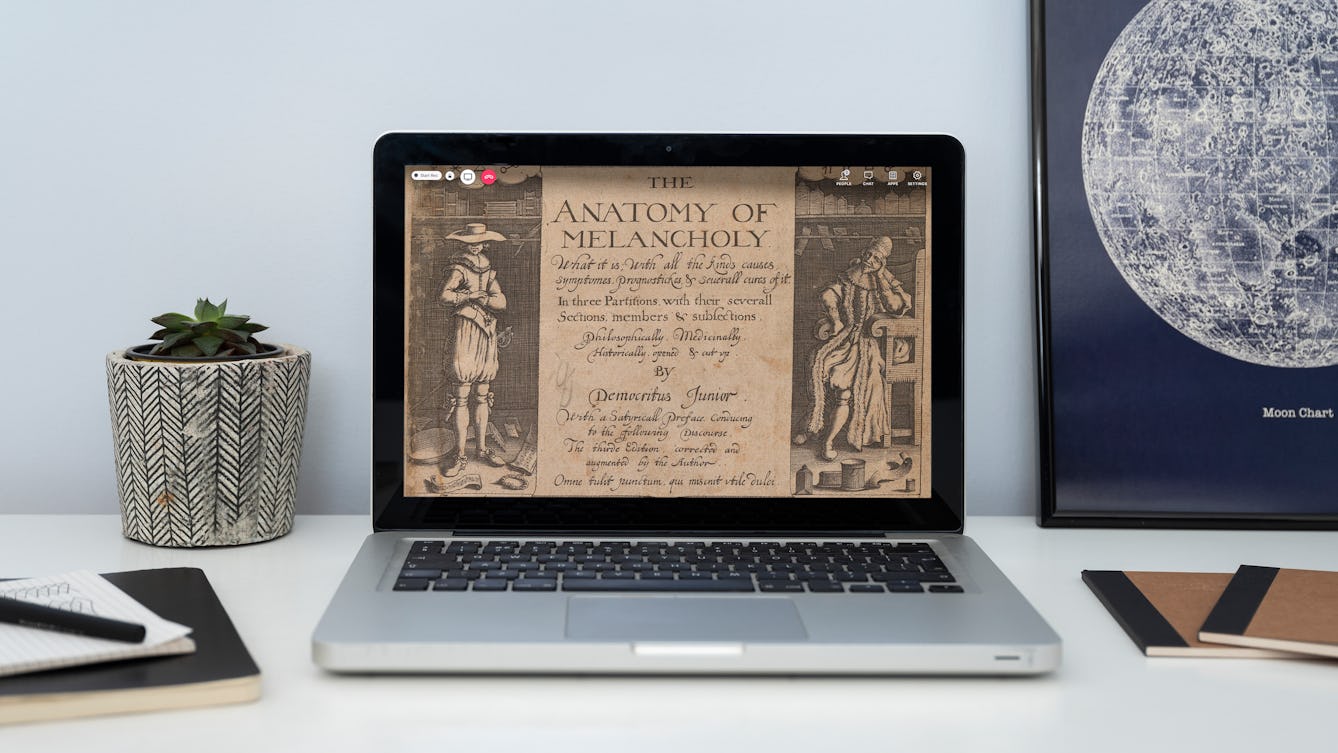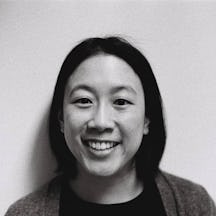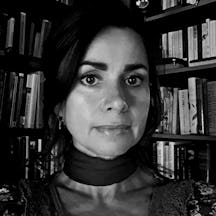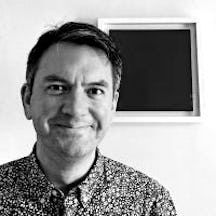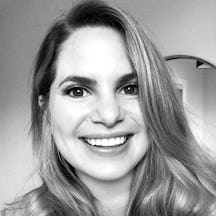What you'll see
Watch this recording of an event where three researchers discuss current research on dreaming, old age, and melancholia in the early modern era.
Niall Boyce will discuss how people understood the gap between sleeping and waking. His research uses private notebooks, pamphlets, and stage plays to explore how people understood what happens to a person when waking consciousness ends and dreaming begins.
Amie Bolissian will discuss how medicine approached ageing health in early modern England, beliefs about older bodies, and how searches for evidence of this in the Wellcome collection revealed that 'old' did not always means 'old' in the sources!
Emily Betz will reflect on how cultural context shapes the way we view illness by looking at the multiplicity of identities associated with melancholy in eighteenth-century England.
The panel will be facilitated by Dr Elaine Leong who works on early modern histories of science, medicine, technology, gender and books.
This event was online only and was livestreamed on Wellcome Collection’s YouTube channel. It had BSL and live captions.
